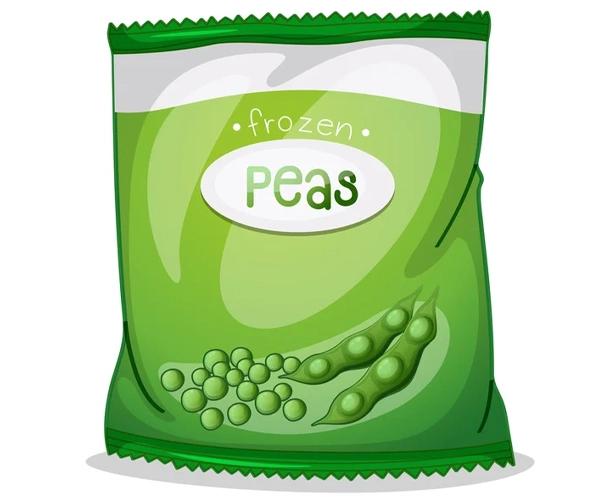Frozen Food Vegetables
Frozen vegetables are a convenient, cost-effective way to enjoy the nutritional benefits of produce year-round. Whether you’re adding them to soups, stir-fries, casseroles, or simply serving them as a side, frozen vegetables are a smart solution for busy households. At Benefit Market, our frozen vegetable selection offers the variety, quality, and value you need to create quick, wholesome meals every day.
Nutritional Benefits
Frozen vegetables are picked and flash-frozen at peak ripeness, which helps lock in their nutrients and flavor. In many cases, they retain more vitamins and minerals than fresh produce that’s been stored for long periods. Common frozen vegetables like broccoli, spinach, peas, carrots, and mixed medleys are rich in fiber, vitamin C, vitamin A, and potassium—essential nutrients that support immune function, digestion, and heart health.
Dark leafy greens like frozen kale and spinach provide iron and calcium, while brightly colored vegetables such as bell peppers and carrots are high in antioxidants like beta-carotene and lutein. Legume-based options like frozen edamame or lima beans add a plant-based source of protein, making them especially valuable in vegetarian or plant-forward diets.
Serving Tips
Frozen vegetables are pre-washed, pre-chopped, and ready to use—just heat and serve. Steam, sauté, roast, or microwave them for a quick side dish or stir them into main courses like pasta, rice bowls, soups, or stews.
For stir-fries, add frozen veggie mixes straight to the skillet with a splash of broth or olive oil. For casseroles and baked dishes, thaw and drain excess moisture before mixing with other ingredients to maintain texture. Frozen corn, peas, or chopped spinach can easily be added to scrambled eggs, grain bowls, or quesadillas for extra color and nutrition.
Roasting frozen vegetables is also a great option. Toss with olive oil and your favorite seasonings, then bake at 400°F until tender and slightly crispy—no need to thaw first.
Frozen veggie blends are ideal for smoothies too. Try frozen spinach, kale, or cauliflower blended with fruit and yogurt for a nutrient-packed breakfast or snack.
Health Suggestions
To get the most from frozen vegetables, choose plain varieties without added sauces, butter, or salt. These offer the flexibility to season to your taste while keeping your meals lower in sodium and fat. When using pre-seasoned or sauced options, read labels and use them in moderation as part of a balanced meal.
Frozen vegetables make it easy to fill half your plate with colorful, nutrient-dense produce at every meal. Keep a variety of options in your freezer so you can mix and match throughout the week without worrying about spoilage.
Because they’re shelf-stable for months, frozen vegetables help reduce food waste and ensure you always have a healthy ingredient on hand—no peeling, chopping, or prepping required.
At Benefit Market, frozen vegetables are a freezer must-have—delivering nutrition, convenience, and versatility to help you eat well every day. From quick sides to wholesome main dishes, frozen veggies make smart, flavorful eating simple.
Get Weekly Updates

















